Basil seeds that resemble chia seeds have several health advantages. They originate from India but are distinct from holy basil, commonly known as tulsi. Sabja seeds are a great source of fibre, healthy fats, and protein. Unexpectedly, they have no calories.
Due to their extreme hardness, sabja seeds cannot be eaten fresh. Therefore, soaking them in water to make them more gelatinous is the ideal way to eat them. Sweet basil, or Ocimum basilicum, from which we get sabja seeds, is what we use for flavouring most frequently. They are frequently referred to as "sweet basil seeds" because they originate from the sweet basil plant.
Basil seeds have long been used in Ayurveda and Chinese medicine for their therapeutic properties. However, we have only just come to understand its advantages.
Table of Contents
About Basil Seeds
The seeds come from the Thai basil plant, as their name implies (not the holy basil plant). They are about the same size as chia seeds and, like those seeds, turn gelatinous when they are wet, albeit they still have a crunchy centre.
The seeds, which are also known as sabja in Indian culture, have a faint flowery flavour and are frequently used to thicken liquids. Faluda, an Indian dessert drink made with soaked basil seeds, rose syrup, vermicelli noodles, and milk, is one of the most well-known beverages made using basil seeds. It is occasionally even topped with ice cream. In India, people drink the concoction in the summer because basil seeds are thought to provide cooling and calming effects.
Nutritional value of Basil Seeds
- 14.8 g of protein
- 13.8 g of lipids
- 63.8 g of carbohydrates
- 22.6 g of fibre
- 2.27 milligrams (mg) of iron
- 31.55 mg of magnesium
- 1.58 mg of zinc
How to consume Basil Seeds?
- Basil seeds can also be pre-soaked and kept on hand to sprinkle over yoghurt in the morning or to add texture and a floral flavour to gelato or fruity sorbet. Alternatively, you may soak them in the milk of your choosing and make a pudding similar to chia seeds (coconut milk would be especially good). Alternatively, you might combine basil seeds and leaves with ricotta to create a creamy, herbaceous pasta sauce or crostata spread.
- Basil seeds pair well with a wide variety of foods. These seeds are ideal for low-calorie and low-carb snacking because they don't have a particularly distinctive flavour, though. It can improve any dish's aroma. Smoothies and juices go nicely with it.
- If you're looking to add a little something extra to your salads, consider adding basil seeds. These tiny seeds are packed with nutrients and can help boost the nutritional value of any salad. Plus, they're easy to store – just keep them in a dry, cool area in an airtight jar. That way, they'll stay fresh and won't be spoiled by moisture.
Health benefits of Basil Seeds
Aids in weight loss
Basil seeds, which are high in alpha-linolenic acid, are renowned for helping people lose weight. They help with weight loss because their high fibre content keeps you satisfied for a long time, stops cravings, and facilitates weight loss.
Controls sugar level
Consumption of basil seeds slows down the body's metabolism. It also regulates how quickly carbohydrates are converted into glucose. It is even thought to be beneficial for people with type II diabetes.
Gives relief from bloating and constipation
Your body naturally detoxifies with basil seeds by promoting regular bowel movements. It includes a volatile oil that works as a stomach cleanser and aids in removing gas from your digestive system.
Treats acidity and heartburn
Sabja seeds work to counteract the body's reaction to HCL acidic effects, providing relief from indigestion and acid reflux. This is so that we can swallow the seeds after they have soaked in water, which helps cool the stomach lining and soothes burning.
Great for hair and skin
By combining crushed seeds with coconut oil and applying it to the troubled area, we can achieve the benefits of sabja seeds for the skin. This aids in the treatment of skin conditions like eczema and psoriasis. There are countless more advantages as well, such as the fact that consuming the seeds frequently encourages your body to produce collagen, which is needed to regenerate skin cells.
It has been established that Sabja seeds are advantageous for maintaining healthy hair since they are rich in iron, vitamin K, and protein, all of which are necessary for having long, thick hair. Additionally, the antioxidant properties in them are beneficial to both your skin and hair.
Cures cough and cold
The antispasmodic property of sabja/basil seeds is yet another advantage. These seeds relieve the tense muscles by calming them. Whooping cough can be controlled and the immune system can be strengthened thanks to the antispasmodic property.
Minerals are important for your body's wellness and are abundant in basil seeds.
Basil seeds for weight loss
- These seeds are crucial to the development of Ayurvedic treatments for ailments like hypertension, high cholesterol, depression, type II diabetes, and metabolic imbalances. According to recent research, these seeds can keep you feeling full and help you avoid unintentional bingeing. The recent surge in popularity of basil seeds for weight loss is due to the credible and consistent data.
- When soaked in water, bail seeds enlarge and release digestive enzymes. When consumed, these digestive enzymes stifle appetite and assist in lowering cravings. Because basil seeds are so high in fibre, they make you feel full for a very long period, which curbs your appetite and protects you from overeating.
Best ways to use Basil Seeds for weight loss
They are one of the finest ways to reduce weight without sacrificing the necessary nutrients your body needs because they are so nutrient-dense. They work best when eaten after being soaked in water. These seeds become translucent and supple when they are soaked in water.
One or two tablespoons of basil seeds should be soaked in a cup of warm water for fifteen minutes before being consumed to aid in weight loss. These seeds can also be added as a garnish to salads and soups, or you can incorporate them into lemonade or green tea.
FAQs on Basil seeds
Q: What advantages come from consuming sabja seeds?
A: Sabja seeds, also known as sweet basil seeds, are excellent for cooling the body naturally. They also aid in weight loss, control blood pressure, and ease bloating and acid reflux.
Q: Can we consume Sabja seeds daily?
A: You can include basil seeds in your daily diet.
Q: Are chia and basil seeds the same?
A: Chia seeds are not the same as sabja seeds. Salvia hispanica, or sweet basil, sometimes known as holy basil, is the source of sabja seeds, which are tiny black seeds, and chia seeds, which are tiny black and white seeds.
Q: Chia seeds or sabja seeds—which is better?
A: Both basil and chia seeds have excellent nutritional value. Despite coming from two different plants, they have nutritional advantages and a fairly similar appearance. Therefore, deciding which one is superior will depend on the individual.

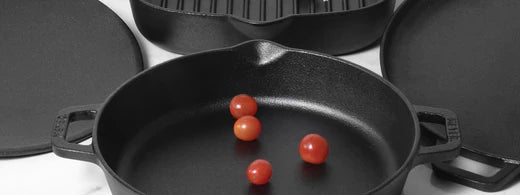
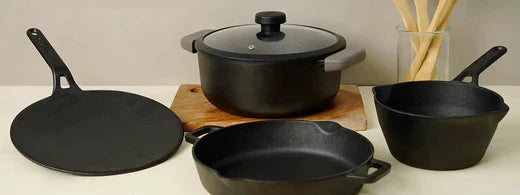
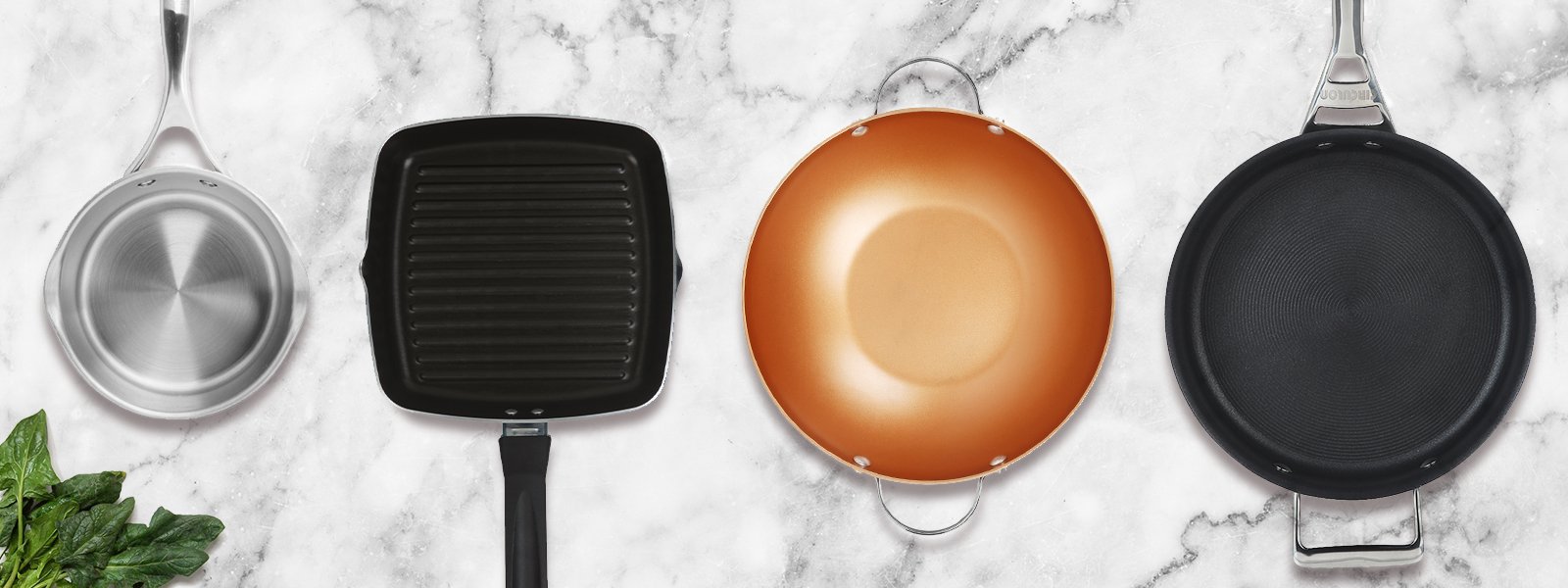
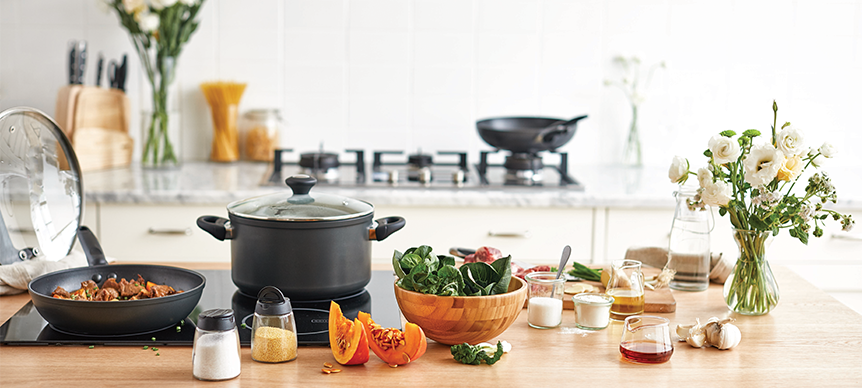
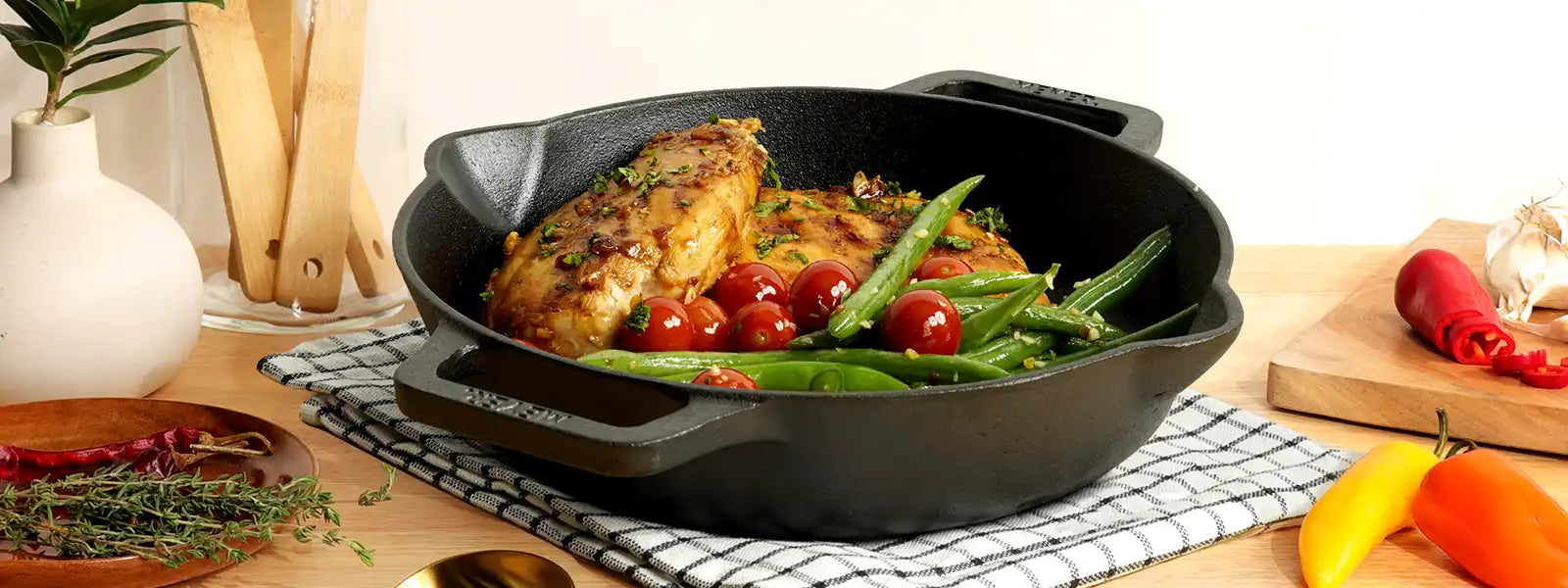
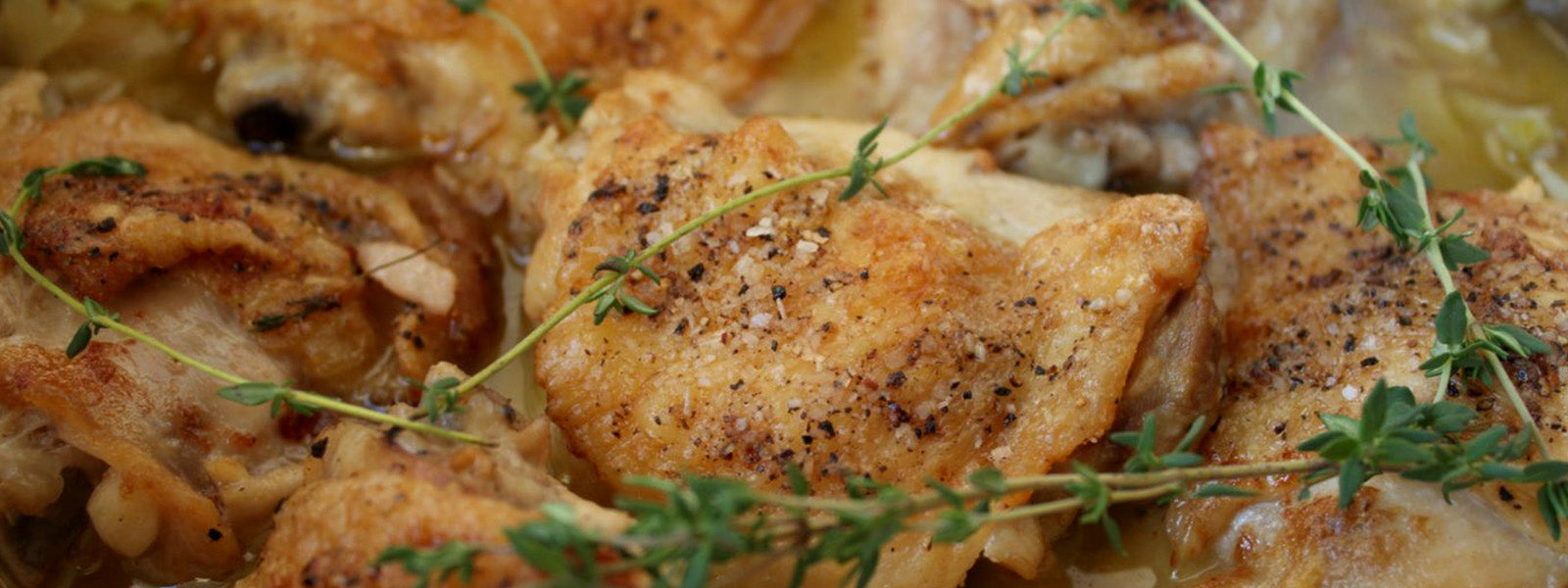
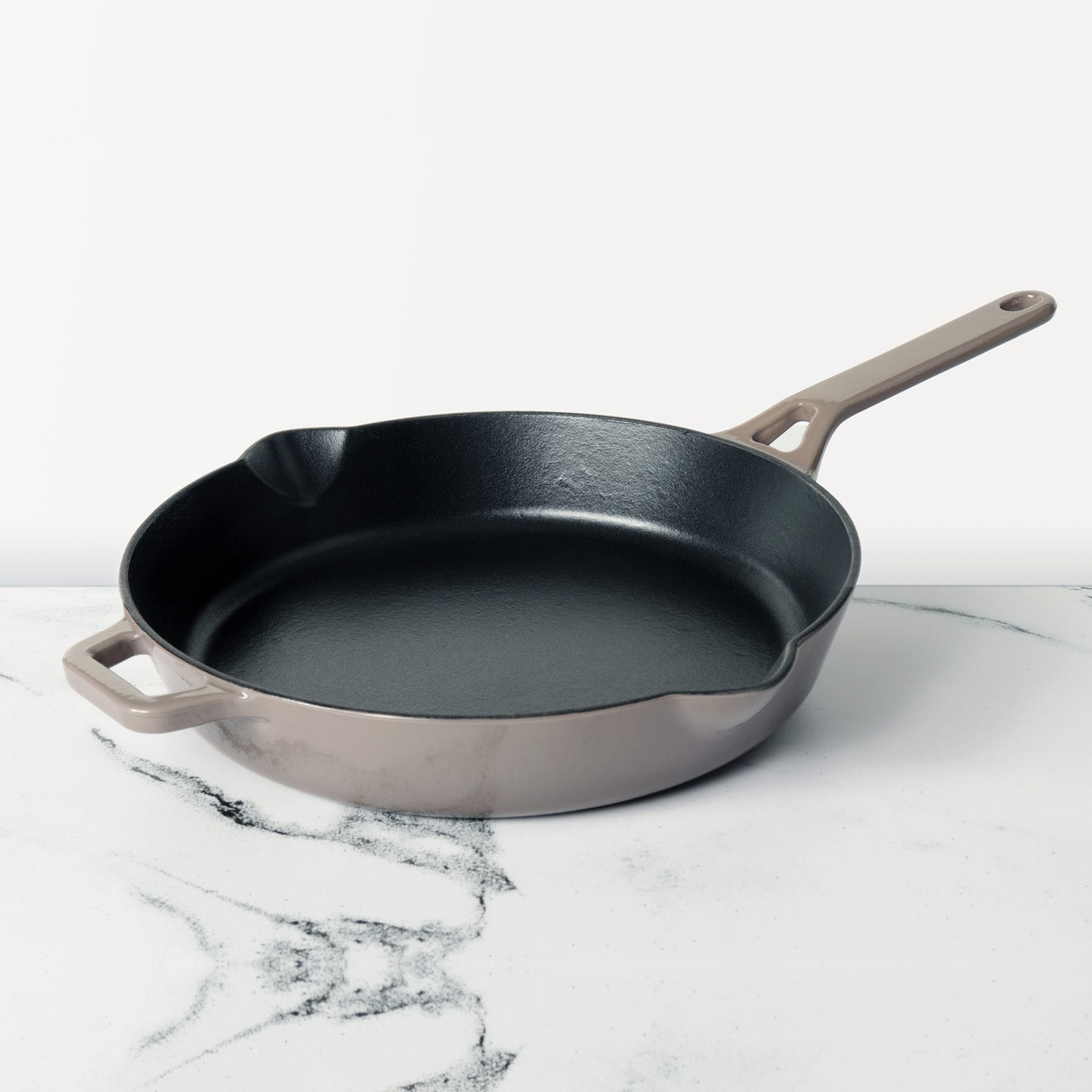





Leave a comment